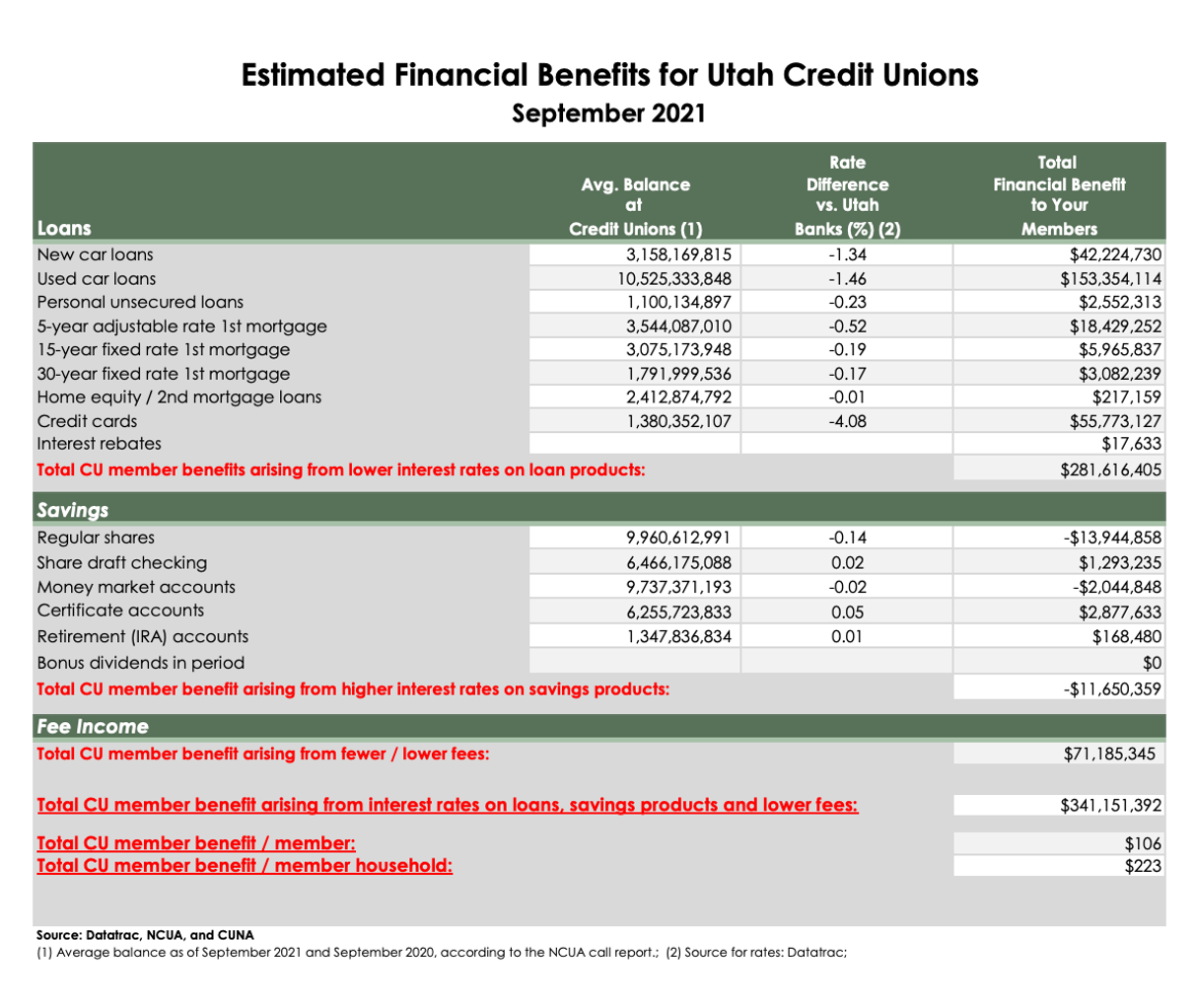The Ultimate Guide to Comprehending Cooperative Credit Union

Credit score unions stand as special financial entities, rooted in concepts of shared assistance and member-driven operations. Past their fundamental worths, recognizing the complex functions of credit rating unions includes a deeper expedition. Deciphering the intricacies of subscription qualification, the advancement of solutions supplied, and the distinctive advantages they bring needs an extensive evaluation. As we browse via the ins and outs of credit rating unions, an informative journey waits for to drop light on these member-focused institutions and how they vary from traditional financial institutions.
What Are Credit Scores Unions?
Lending institution are member-owned monetary establishments that supply a variety of financial services to their members. Unlike conventional financial institutions, lending institution run as not-for-profit companies, indicating their key emphasis gets on offering their members instead of taking full advantage of earnings. Members of a credit scores union generally share a typical bond, such as benefiting the very same employer, belonging to the same area, or belonging to the same organization.
Among the essential advantages of lending institution is that they frequently offer greater rate of interest on interest-bearing accounts and reduced rate of interest rates on financings contrasted to financial institutions. Credit Unions in Wyoming. This is because lending institution are structured to benefit their participants directly, permitting them to hand down their earnings in the type of better prices and fewer charges. In addition, lending institution are understood for their personalized consumer solution, as they prioritize building partnerships with their participants to recognize their distinct financial needs and goals
History and Evolution of Cooperative Credit Union
The roots of member-owned economic cooperatives, understood today as credit unions, trace back to a time when areas looked for alternatives to conventional banking establishments. The principle of cooperative credit union come from the 19th century in Europe, with Friedrich Wilhelm Raiffeisen often attributed as the leader of the participating financial motion. Raiffeisen started the first identified lending institution in Germany in the mid-1800s, highlighting community support and self-help concepts.
The advancement of credit rating unions proceeded in North America, where Alphonse Desjardins developed the first cooperative credit union in Canada in 1900. Soon after, in 1909, the initial U.S. lending institution was developed in New Hampshire by a group of Franco-American immigrants. These very early credit history unions operated the basic principles of shared aid, autonomous control, and participant ownership.
Over time, lending institution have expanded in appeal worldwide as a result of their not-for-profit structure, concentrate on serving members, and using affordable economic products and solutions. Today, credit report unions play a vital role in the economic sector, supplying accessible and community-oriented financial alternatives for people and services alike.

Membership and Qualification Standards
Subscription at a credit score union is generally limited to individuals meeting particular eligibility standards based on the establishment's founding concepts and regulatory requirements. Some credit report unions might just offer individuals that work or live in a particular area, while others may be customized to staff members of a particular company or members of a certain organization.
Additionally, cooperative credit union are structured as not-for-profit organizations, meaning that their main objective is to serve their members instead of create revenues for investors. This emphasis on participant service commonly translates right into even more individualized focus, reduced charges, and competitive rate of interest prices on cost savings and finances accounts. By fulfilling the qualification criteria and ending up being my review here a participant of a lending institution, people can access a variety of economic services and products tailored to their certain demands.
Solutions and Products Supplied
Among the key aspects that establishes cooperative credit union apart is the varied series of financial product and services they offer to their members. Cooperative credit union commonly give standard banking solutions such as cost savings and checking accounts, financings, and credit report cards. Participants can also gain from investment services, consisting of retirement accounts and financial preparation aid. Lots of cooperative credit union use competitive passion prices on interest-bearing accounts and financings, as well as lower fees contrasted to standard financial institutions.
Furthermore, lending institution commonly offer convenient online and mobile financial choices for members to easily handle their funds. They might provide perks such as common branching, permitting members to access their accounts at other credit rating unions throughout the country. Some credit unions likewise provide insurance policy products like life, car, and home insurance policy to assist members secure their assets and enjoyed ones.

Benefits of Financial With Cooperative Credit Union
When considering economic organizations, discovering the benefits of financial with credit report unions reveals unique advantages for participants looking for individualized service and competitive prices. Unlike big banks, debt unions are member-owned and focus on structure solid relationships with their members. In general, banking with a credit report union helpful hints can provide a more personalized, cost-efficient, and member-centric monetary experience.
Conclusion
In final thought, debt unions stand out as member-owned economic establishments that prioritize description serving their participants over taking full advantage of earnings. With origins dating back to 19th century Europe, credit history unions follow concepts of mutual support and member possession.
Debt unions are member-owned economic institutions that provide an array of banking solutions to their participants. The idea of debt unions stem in the 19th century in Europe, with Friedrich Wilhelm Raiffeisen often attributed as the pioneer of the participating banking motion.The development of credit scores unions proceeded in North America, where Alphonse Desjardins established the very first credit report union in Canada in 1900. Credit report unions commonly provide standard financial solutions such as savings and checking accounts, loans, and debt cards.When considering financial organizations, discovering the benefits of banking with credit scores unions exposes distinct advantages for members looking for customized service and affordable prices.